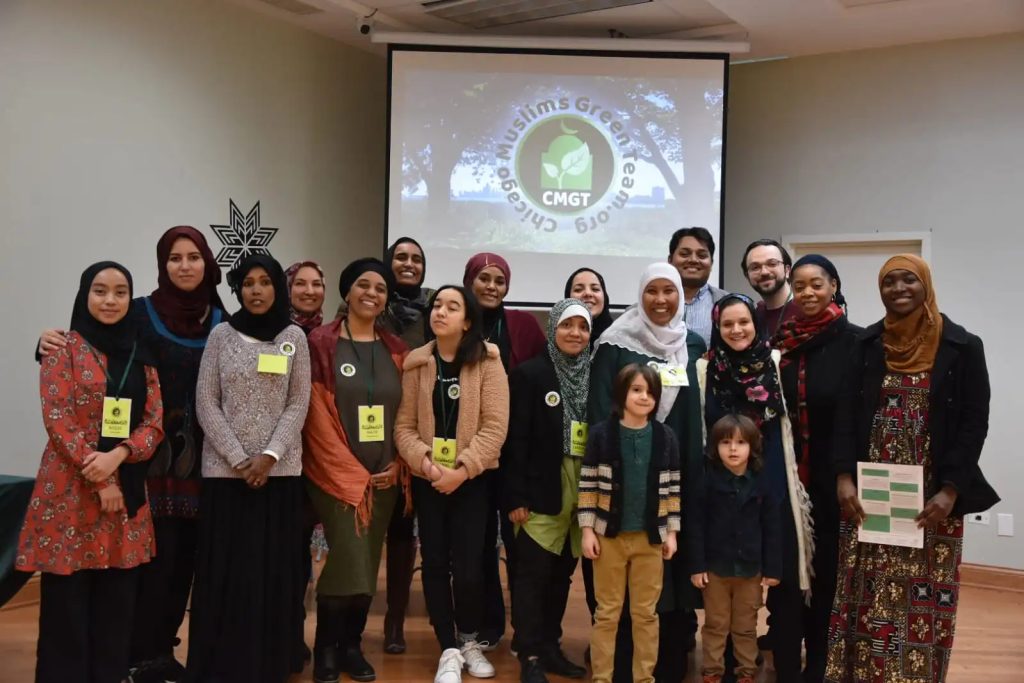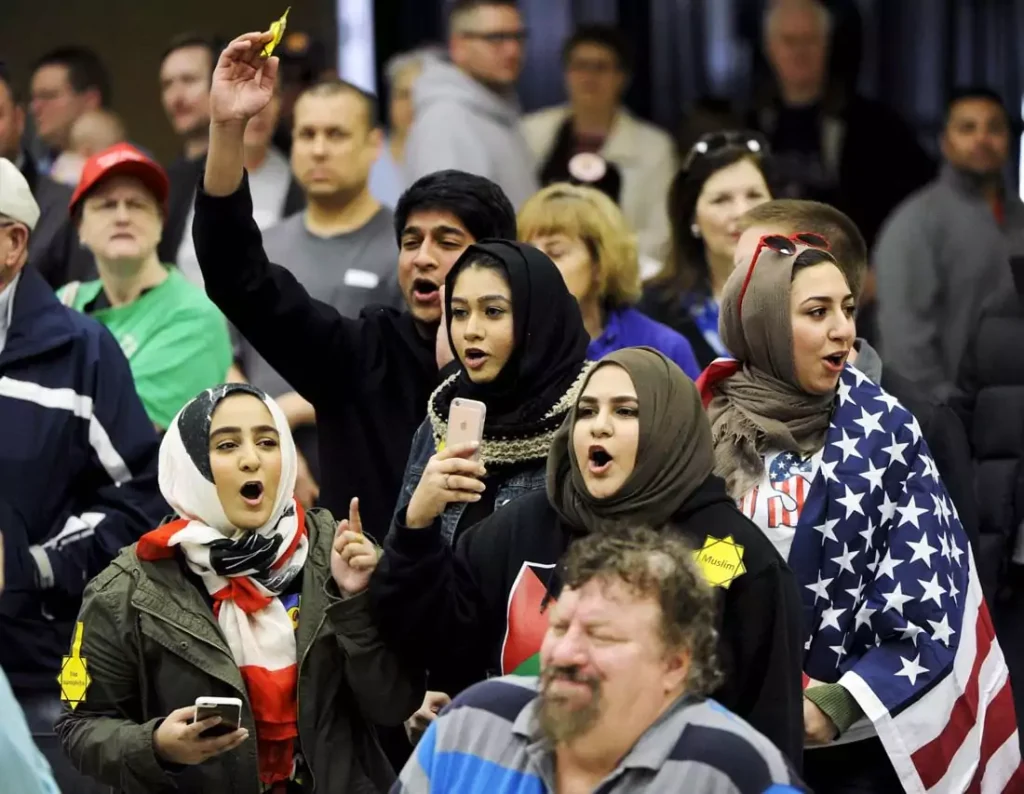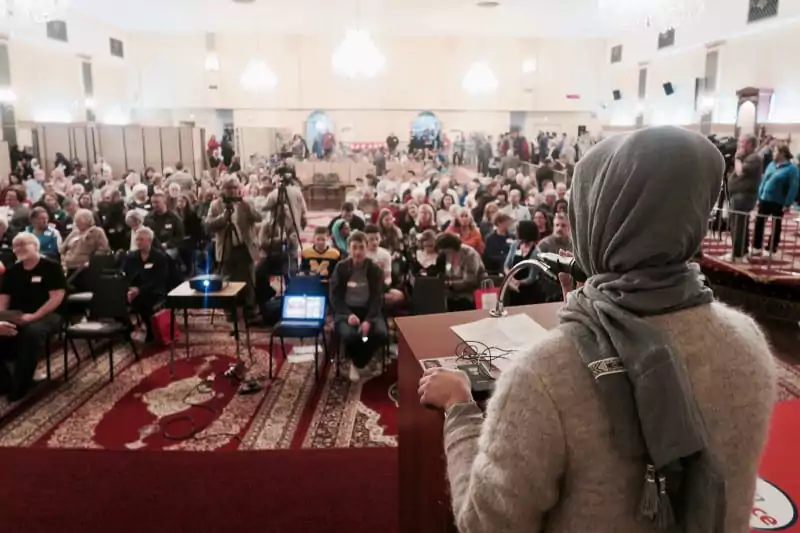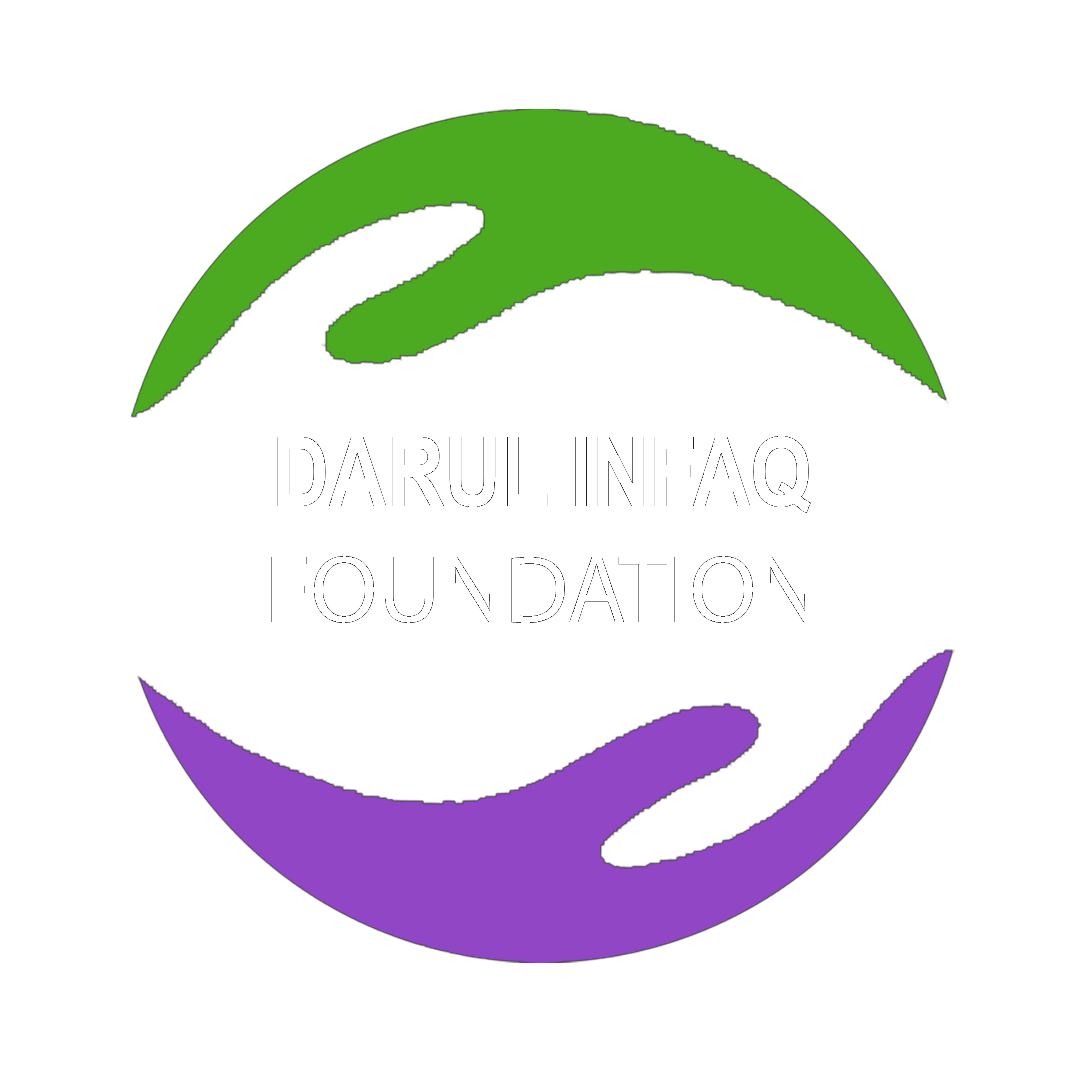The Muslim community in Chicago is a vibrant and integral part of the city’s diverse cultural landscape. Over the years, Muslims in Chicago have significantly contributed to the city’s social, economic, and cultural fabric. This article explores the rich tapestry of culture and faith within the Chicago Muslim community, highlighting their history, cultural diversity, religious practices, and contributions to the broader society.
Historical Roots of Chicago Muslims
Early Immigration and Establishment
The presence of Muslims in Chicago dates back to the early 20th century when immigrants from the Middle East, South Asia, and Eastern Europe began settling in the city. These early immigrants played a crucial role in establishing some of the first Islamic institutions in the United States, creating a foundation for future generations. The growth of the Muslim population in Chicago is a testament to the community’s resilience and commitment to preserving their cultural and religious heritage.
Development of Mosques and Community Centers
One of the most significant milestones in the history of Chicago Muslims is the establishment of mosques and community centers. The Jamia Masjid Chicago, among others, serves as a central hub for religious activities and community gatherings. These institutions provide a space for worship and offer educational programs, social services, and cultural events, fostering a strong sense of community and belonging.

Cultural Diversity within the Community
A Mosaic of Ethnicities and Traditions
The Chicago Muslim community is a mosaic of ethnicities, including Arabs, South Asians, Africans, and Eastern Europeans. This diversity is reflected in the various cultural practices, languages, and traditions observed within the community. Celebrations such as Eid, Ramadan, and cultural festivals highlight the rich cultural heritage and promote unity and understanding among community members.
Intergenerational Cultural Exchange
Intergenerational cultural exchange is a vital aspect of the Chicago Muslim community. Elders pass down their traditions, values, and religious practices to younger generations, ensuring the preservation of their cultural identity. This exchange fosters a sense of pride and belonging among the youth, encouraging them to actively participate in community activities and uphold their cultural heritage.
Religious Practices and Observances
Importance of Mosques
Mosques play a crucial role in the spiritual and social lives of Muslims in Chicago. The Jamia Masjid Chicago and other mosques across the city offer daily prayers, Friday congregational prayers, and special services during Ramadan. These institutions also provide Islamic education through Quranic classes, lectures, and youth programs, helping community members deepen their understanding of their faith.
Celebrating Religious Festivals
Religious festivals such as Eid al-Fitr and Eid al-Adha are significant events for Chicago Muslims. These celebrations bring the community together for prayers, feasts, and social gatherings. They serve as opportunities to strengthen communal bonds, share cultural traditions, and express gratitude and joy. The inclusive nature of these festivals often extends to non-Muslim neighbors, promoting interfaith understanding and harmony.
Contributions to the Broader Community
Economic and Social Impact
Muslims in Chicago have made substantial contributions to the city’s economic and social landscape. Many community members are successful entrepreneurs, professionals, and business owners who play a crucial role in the local economy. Additionally, Muslim-led organizations and businesses often engage in philanthropic activities, supporting various charitable causes and community development projects.
Interfaith and Community Initiatives
Interfaith dialogue and community initiatives are essential components of the Chicago Muslim community’s engagement with the broader society. Muslim organizations actively participate in interfaith events, fostering understanding and cooperation among different religious groups. Community service projects, such as food drives, health clinics, and educational workshops, demonstrate the community’s commitment to social justice and humanitarian efforts.

Challenges and Opportunities
Addressing Islamophobia
Despite their positive contributions, Muslims in Chicago face challenges such as Islamophobia and discrimination. These issues can affect various aspects of life, including employment, education, and social interactions. Community leaders and organizations work tirelessly to address these challenges through advocacy, education, and outreach efforts, promoting a message of unity and tolerance.
Building a Stronger Community
The challenges faced by the Chicago Muslim community also present opportunities for growth and unity. By continuing to build strong institutions, fostering youth engagement, and enhancing interfaith partnerships, the community can further strengthen its presence and impact in the city. Leveraging technology and social media can also help amplify the community’s voice and showcase their contributions on a broader scale.
The Role of Key Institutions
Mosques and Community Centers
Institutions like the Jamia Masjid Chicago are at the heart of the Muslim community’s activities. These mosques and community centers offer a range of services, including religious education, counseling, and social events. They provide a safe and welcoming environment for community members to connect, learn, and support one another.
Educational and Cultural Organizations
Educational and cultural organizations play a crucial role in preserving and promoting the heritage of Muslims in Chicago. Schools, after-school programs, and cultural centers provide opportunities for learning and engagement, helping to instill a sense of identity and pride among young Muslims. These institutions also organize cultural events, exhibitions, and performances that highlight the rich history and contributions of Chicago Muslims.
Conclusion
The Chicago Muslim community is a rich tapestry of culture and faith, contributing significantly to the city’s diversity and vibrancy. From their early beginnings to their current contributions, Muslims in Chicago have played an integral role in shaping the cultural, social, and economic landscape of the city. By embracing their diversity, addressing challenges, and continuing to engage with the broader community, the Chicago Muslim community can look forward to a future of growth, unity, and positive impact. As the city evolves, the Muslims in Chicago will undoubtedly continue to be a source of strength and inspiration, embodying the spirit of resilience and cooperation that defines the city itself.


